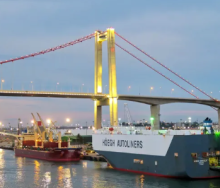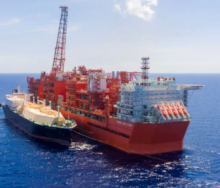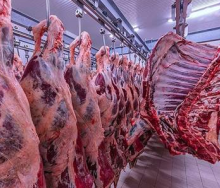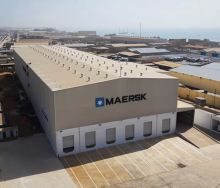The top technology trends impacting import and export businesses and customs authorities globally in 2022 include the rapidly growing use of Artificial Intelligence (AI) engineering, hyper automation, and data fabric, which will transform the gathering, control and sharing of data digitally.
Louise Wiggett, founder of the Technical Service Providers’ Association of South Africa and managing director of Global Trade Solution, has highlighted the six top technology trends that will impact businesses over the next three years.
Speaking at a virtual SA Revenue Service International Customs Day seminar, Wiggett said some of the following trends were “critically important” for both the customs and trade environment to understand and embrace in order to improve business processes:
- Data fabric
- Privacy-enhancing computations
- Hyper automation
- AI engineering
- Distributed enterprises
- Generative AI
She said data fabric would improve data efficiency and integrate data across a number of platforms and users.
“We understand that data is very important and we have lots of it, but what we don’t understand is that data is still very siloed and that means the data can’t be used effectively.
“By 2024 data fabric deployments will quadruple efficiency in data utilisation while cutting human management-driven data management tasks in half.”
In conjunction with improved data sharing, privacy enhancing computations (PEC) will be adopted by 60% or more of large organisations by 2025.
Said Wiggett: “PEC allows data to be shared across ecosystems, creating value but preserving privacy.
“This is naturally very important for customs authorities because they cannot share data and not protect the privacy of the data that they are sharing.
“I think this is one of the most important trends that customs authorities should embrace.”
Similarly, by 2024 diffuse hyper-automation spending will drive up the total cost of business ownership 40-fold, making adaptive governance a differentiating factor in corporate performance.
“Increased focus on growth, digitisation and operational excellence have highlighted the need for better, more widespread automation.
“This is the one area where customs can really embrace the trend and where trade and customs can collaborate,” she said.
For example, a business can understand what static information it needs to provide to Sars and the data sharing with customs can be automated.
By 2025, the 10% of enterprises that establish AI engineering best practices will generate at least three times more value from their AI efforts than the 90% of enterprises that do not.
“AI provides game-changing solutions to enable organisations to emerge from the pandemic in a strong position, but merely adopting AI won’t do the trick, you need to engineer AI in a way it integrates with your work flow and develops pipelines so that you can get constant value from it.
“It also combines automated updates into the pipeline with strong AI governance.” Wiggett emphasised that this trend was important because AI underpinned much of the risk mitigation and risk evaluation conducted by customs authorities.
The fifth trend impacting business was ‘distributed enterprises’, which Wiggett explained means “a virtual first, remote first architectural approach to digitise our touchpoints and build our experiences to support ourselves and our engagement”. This trend includes the already established virtual meetings that businesses have had to adjust to during the pandemic.
By 2023 it is estimated that 75% of organisations that exploit distributed enterprises benefits will realise revenue growth 25% faster than competitors.
And into the future lies the growth of generative AI and robotics.
“Generative AI is a form of AI that learns a digital representation of artefacts from sample data and uses it to generate new original realistic artefacts to retain a likeness to the training data, but it doesn’t repeat it.
“This is where we get into the space of robotics and AI in its real form, and this trend is going to influence our future more and more as generative AI plays a bigger role,” Wiggett said.
She added that by 2025 generative AI would account for 10% of all data produced, up from less than 1% today.













